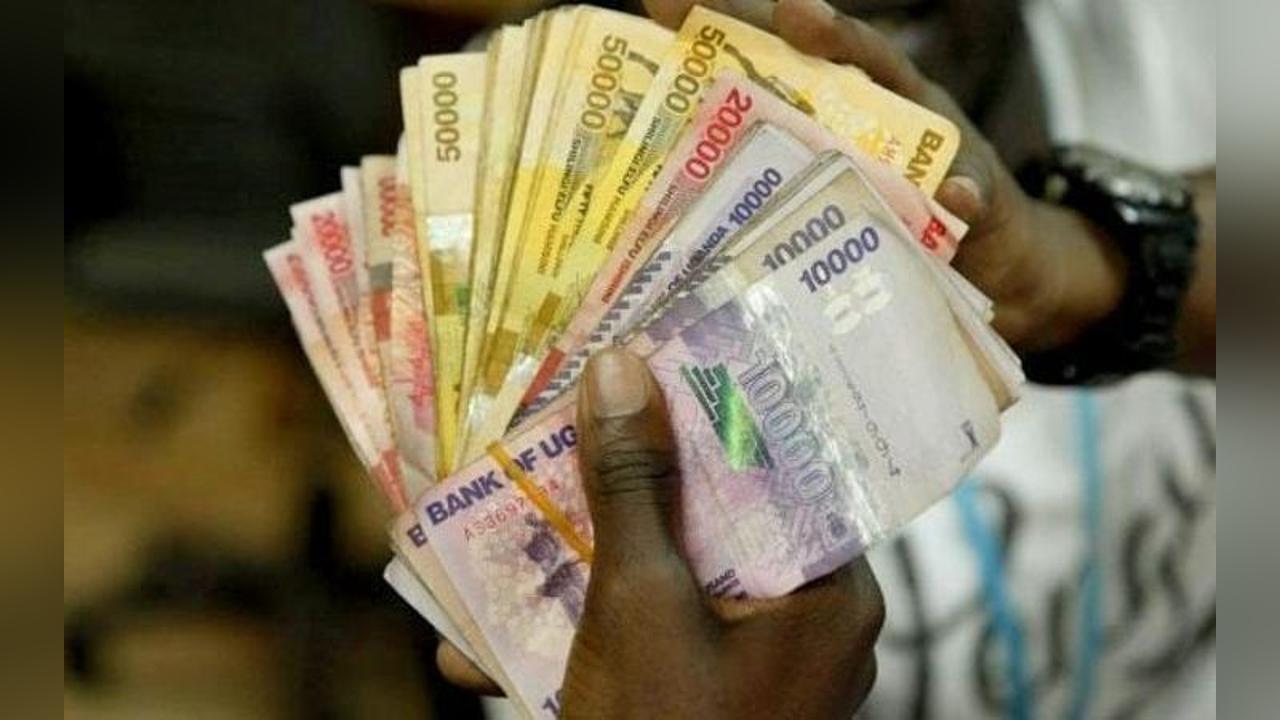Africa-Press – Uganda. Opposition political parties, led by Justice Forum (JEEMA) president Asuman Basalirwa, have expressed outrage over the Electoral Commission’s recent allocation of IPOD (Inter-Party Organization for Dialogue) funds, which was reportedly based on parliamentary numerical strength.
The decision has stirred controversy, particularly in an election year, as opposition leaders argue it violates Section 14(a) of the Political Parties and Organizations Act.
According to Basalirwa, of the Shs11.5 billion distributed, the ruling National Resistance Movement (NRM) received Shs9 billion, leaving just Shs2.5 billion for all opposition parties.
JEEMA and the People’s Progressive Party (PPP) each received a mere Shs25 million, a disparity he described as “unacceptable.”
“We are concerned that the distribution of these resources during an election year violated Section 14(a) of the Political Parties and Organisations Act,” Basalirwa said.
“The law is clear that in respect to elections, government shall finance political organizations and parties on an equal basis.”
He argued that the uneven allocation has severely constrained the budgets of smaller opposition parties, hindering their ability to support candidates in the upcoming general elections.
“The release of public funds depending on numerical strength has frustrated the budgets and plans of small opposition political parties,” he said.
Basalirwa claimed the NRM’s dominance in the allocation process effectively disenfranchises opposition parties during a critical electoral period.
“It’s unfortunate that the NRM, which has access to public resources, decided to disenfranchise opposition political parties in an election period,” he said, calling for measures that promote democratic equality.
In response, Electoral Commission spokesperson Julius Mucunguzi said the commission was acting on directives from the responsible line minister.
The controversy underscores the ongoing challenges faced by opposition parties in Uganda, where funding disparities continue to influence their competitiveness against the ruling party ahead of elections.
For More News And Analysis About Uganda Follow Africa-Press






